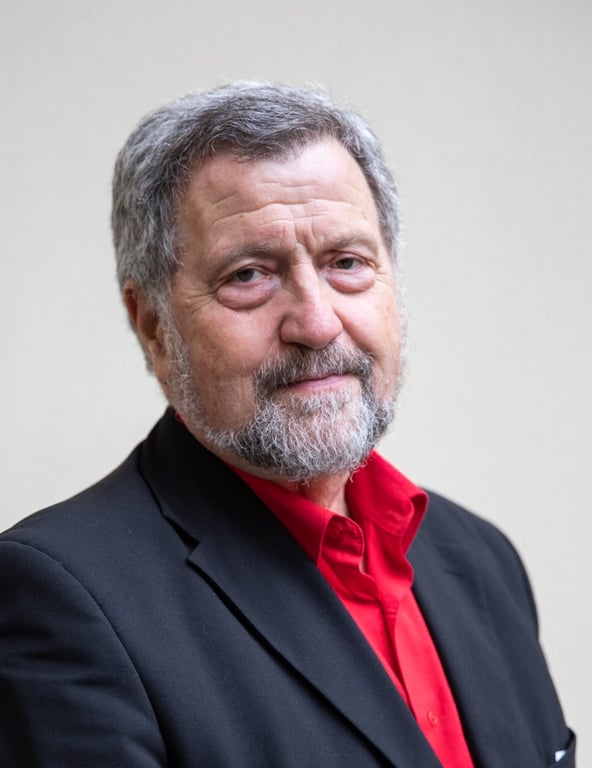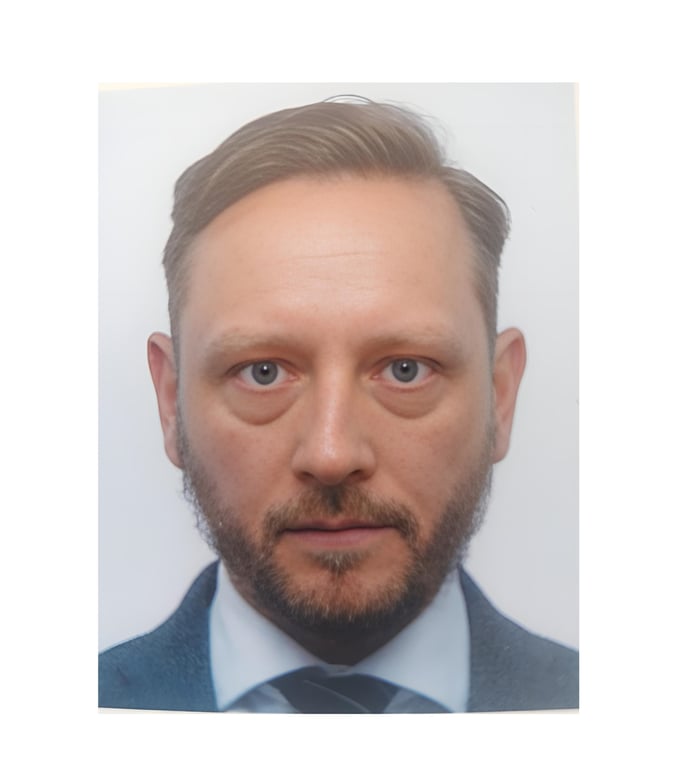About
The course trains students to become independent researchers in an area of the humanities or social sciences, contributing original knowledge in their chosen discipline. The doctorate program develops skills in critical thinking, analysis, research, project management, and writing. Students gain a sophisticated, cutting-edge knowledge of their research speciality.
How students have found success through Woolf
Course Structure
About
This module prepares a student to contribute new knowledge to scholarship in the humanities or social sciences, such that they can conduct (in subsequent modules) a programme of original, publishable research that advances the state of knowledge in their chosen field.
The main goal of this module is the completion of a Research Plan. The module prepares students to embark upon a substantial, sustained, unified piece of research at the MQF 8 level. The module is taught by the proposed thesis supervisor as a form of preparation specific to the thesis and the requirements of its subject matter.
This module is not a general introduction to research or research methodologies, but a practical preparation for students preparing to embark upon the thesis. Although these skills are highly transferable to other research domains, it remains the case that the purpose of the module is scoped to the needs of the specific thesis for which it prepares the student.
Because the module’s exact contents will vary according to the needs and interests of the student or small cohort undertaking doctoral studies, there is no fixed syllabus.
Topics that might be covered include:
• Formulating and scoping research questions
• Research design
• Quantitative and qualitative methods
• Theoretical approaches, including the history of theoretical models in a specific discipline
• Ethics and research design
• Data protection
The module will also include some practical instruction in preparing the ‘Research Plan’.
Teachers



Intended learning outcomes
- Critically understand the diverse scholarly views on methodological paradigms. This understanding forms the basis of an original research question.
- Develop a comprehensive knowledge of received critical or scholarly paradigms beyond that associated with Master’s-level study.
- Develop a specialised knowledge of key strategies related to the analysis of critical paradigms or methodologies.
- Employ the standard modern conventions for the presentation of scholarly work and scholarly referencing.
- Can communicate to specialist and nonspecialist audiences about the conclusions of state-of-the-art scholarly research.
- Assess, analyse, and criticise the various strategies for handling matters arising in the context of critical paradigms and methodologies.
- Compare and evaluate the different methodologies recommended in scholarly sources pertaining to how scholars should handle critical paradigms.
- Propose appropriate, well-scoped solutions to complex and changing reception of methodological paradigms.
- Apply an in-depth domain-specific knowledge and understanding to the evaluation of critical paradigms and can use this understanding to advance research questions.
- Solve problems and be prepared to take independent decisions related to the methods and principles of research, including prioritizing and scheduling research activities.
- Create a research-based approach to a discipline-specific (or interdisciplinary) problem, integrating knowledge from new research.
- Design a scholarly project that conforms to contemporary standards around research ethics.
- Demonstrate self-direction in research and originality in solutions when engaging scholarly disputes
- Apply a professional and scholarly approach to research discipline- based problems.
- Manage interdisciplinary issues that arise in connection to methodological paradigms within each field.
- Act autonomously in identifying research problems and solutions related to at least one critical paradigm in the course, and can map these to a timeline.
About
Advanced Research Progress and Progress Review helps a student who has just completed the ‘Research Plan’ to undertake a cadence of supervised, original research leading to a substantial portion of their research thesis being completed (2-4 chapters or equivalent). This module operationalizes the work agreement made in the previous one.
Although students may request twice-weekly meetings early in the writing process, it is expected (and students typically prefer) not to meet more than twice per month thereafter. This allows the student time to develop their independent research and writing. As the student advances in independence and confidence in their research, and under the discretion of their supervisor, they may reduce their supervisory meetings to 1 time per month (not inclusive of ‘Work in Progress’ seminars). The schedule of proposed meetings should be adjusted appropriately for students on a part-time schedule.
Under the supervision of their supervisor, and through regular submissions and synchronous feedback sessions, students hone and strengthen their ability to conduct innovative, original research at the very forefront of an academic discipline.
While the focus of year one was on preparing the ‘Research Proposal’, the focus of year two is on the actual work of research, whether that be in the library, working with datasets, or deep reading in the scholarship on a chosen topic, producing extensive notes and questions, and rough drafts of chapters or thesis sections. In addition to direct intervention on the student’s work, faculty contributions might include exploring innovative new research methods, research integrity, or, where relevant, implications for policy and other applications.
In addition, supervisors in year two will facilitate the student’s participation in the broader scholarly community, whether through presenting in the ‘Work in Progress’ seminar for graduate students and scholars, or through recommended and invited academic conferences.
Teachers
Intended learning outcomes
- Demonstrates an increasingly systematic knowledge of a highly- specialised field of study.
- Develop a critical knowledge of methodological debates in a humanities or social sciences discipline.
- Critically understand the diverse scholarly views on specific methodological approaches in the humanities or social sciences.
- Develop a specialised knowledge of key strategies related to research methods in a specific humanities or social sciences discipline.
- Communicate expertise to a wide audience, including peers, recognizing the different strategies for reaching broader audiences.
- Demonstrates mastery in the selection and analysis of research, academic writing, designing, developing, and sustaining an argument, culminating in innovative scholarly research.
- Propose appropriate solutions to complex and changing technological, social, or cultural problems pertaining to the humanities or social sciences.
- Compare and evaluate the different methodologies recommended in scholarly sources pertaining to how researchers should settle interpretative questions.
- Employ the standard modern conventions for the presentation of scholarly work and scholarly referencing.
- Assess, analyse, and criticise the various strategies for handling matters arising in the context of humanities or social sciences research methods.
- Apply an in-depth domain-specific knowledge and understanding to selecting and defending a research method in the humanities or social sciences.
- Demonstrate increasing authority in a specialized academic field, and can make judgments about scope and relevance for a well-defined research problem.
- Demonstrate self-direction in research and originality in solutions developed for creating knowledge in the humanities or social sciences.
- Solve problems and be prepared to take leadership decisions related to the methods and principles of research.
- Apply a professional and scholarly approach to research problems pertaining to qualitative and/or quantitative methods in a scholarly discipline.
- Demonstrates a sustained commitment to the exploration of a scholarly project and the development of new knowledge.
- Efficiently manage interdisciplinary issues that arise in connection to quantitative or qualitative methods in the humanities or social sciences.
About
Entering the third year of doctoral studies, students will have a well-defined research topic, a clear structure organising their research, a firm grasp of the relevant literature, a practical timeline in which to conduct their research, and a substantial body of drafted thesis chapters or sections (equivalent to 2-4 chapters). In this module, the aims of the methodology module are fulfilled and the research of the past two years is brought into one overarching argument. The thesis will constitute a substantial, original, independent piece of research, which is clearly articulated in relation to the primary evidence and secondary literature, and which is organised in relation to the plan first envisaged in the methodology module.
Regular supervision meetings keep the student on-course with the timeline agreed in the methodology module. Supervisory meetings concentrate on a pre- submitted piece of research in a pattern that continues until the first draft of the thesis is complete.
Although students may request twice-weekly meetings early in the writing process in module two, it is expected (and students typically prefer) not to meet more than once or twice per month by this stage of the thesis. This allows the student time to develop their independent research and writing. All full-time students must meet with their supervisor at least once per month. After the completion of the first draft, meetings focus on the harmonisation of the parts, adjustments to the overall argument, and the supervisor seeks to ensure that the student guides the thesis with a single, coherent line of enquiry.
The final meetings with the student focus on polishing the editorial aspects of the thesis, and helping the student prepare for examination. While there is not a formal requirement that a piece of the thesis will have been published already, the thesis should contain publishable work, and the student should graduate with a clear plan of revision toward publication (e.g., a series of articles, direct publication, or recasting the argument as a book for a more general audience).
Teachers
Intended learning outcomes
- Possess expert knowledge at an MQF 8 level of the topic addressed in the thesis.
- Attain a comprehensive overview of the most important primary and secondary literature in the field of enquiry.
- Become familiar with different types of textual and non-textual evidence used for the field of enquiry.
- Understand and intervene in key theoretical, methodological, or historiographical debates for the field of enquiry.
- Understand and apply standard modern conventions concerning the presentation of scholarly work and scholarly referencing.
- Assess, analyse and critique primary sources and secondary literature.
- Apply historical and critical approaches to the interpretation of primary and secondary sources in such a way as to make a genuinely new contribution to knowledge.
- Justify the choice of pursuing a research topic according to a specific scholarly methodology fitting to a domain of enquiry.
- Deliver a thesis in a structured, well-scoped, and orderly way.
- Identify a specific, unique, and well-scoped domain of research enquiry for the proposed thesis.
- Summarise a wide-ranging body of information from multiple sources.
- Compare different approaches to the designated field of enquiry and make critical choices between them.
- Demonstrate practical skills in gathering information from a variety of primary and secondary sources and in applying it to specific disciplinary questions.
- Manage complex, sustained research on a problem in the humanities or social sciences, and develop new interpretive strategies.
- Conduct a programme of research that contributes to professional knowledge.
- Grasp the theoretical issues that affect the proposed field of enquiry and the relative strengths and weaknesses of alternative approaches in the secondary literature.
Entry Requirements
Application Process
Submit initial Application
Complete the online application form with your personal information
Documentation Review
Submit required transcripts, certificates, and supporting documents
Assessment
Note: Not required by all colleges.
For colleges that include this step, your application will be evaluated against specific program requirements.
Interview
Note: Not all colleges require an interview.
Some colleges may invite selected candidates for an interview as part of their admissions process.
Decision
Receive an admission decision
Enrollment
Complete registration and prepare to begin your studies
.avif)










